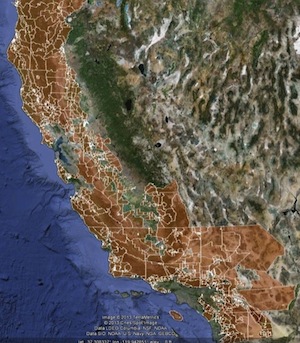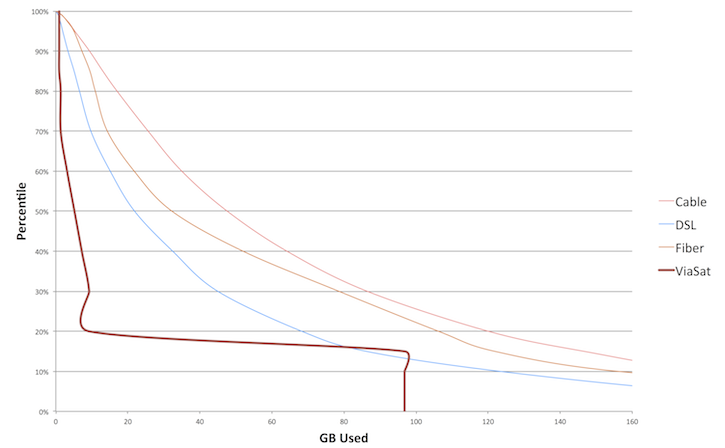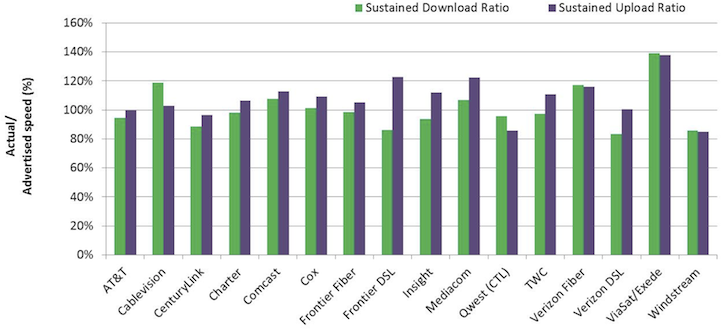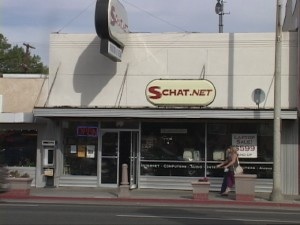ViaSat bid for California broadband subsidies rejected

There’s a difference between ambition and greed.
Nearly three years after it was first submitted, ViaSat’s proposal to deliver broadband service to a stunningly large swath of western and southern California is officially dead. The company had asked the California Public Utilities Commission for $11.1 million to buy satellite dishes and receivers for people living in underserved areas from the Oregon border, south along the coast and the western side of the central valley, to the Mexican border, and east to Arizona.… More

![By U.S. Navy photo [CC0], via Wikimedia Commons](https://www.tellusventure.com/blog/images/2014/12/bell_system_overseas_switchboard.jpg)
![By - G.F. Nesbitt & Co., printer [Public domain], via Wikimedia Commons](https://www.tellusventure.com/blog/images/2014/12/gold_rush.jpg)





